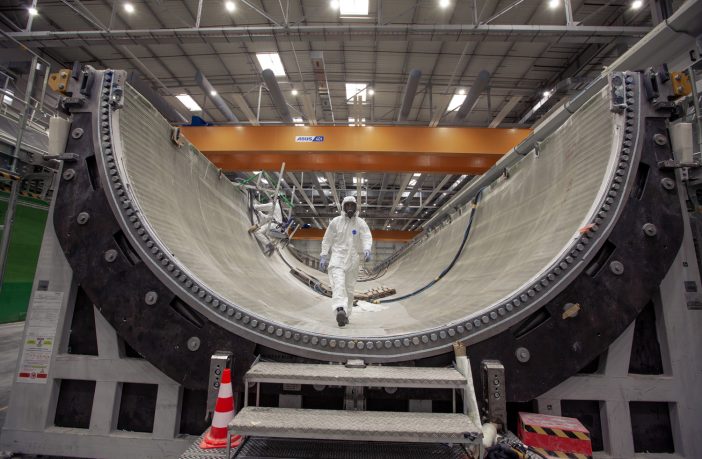- The South African Wind Energy Association (SAWEA) and its sector stakeholders are advocating for the industrialisation of the renewable energy sector to extrapolate the enormous potential across the value chain, thereby unlocking both the economic power of the renewable energy industry and delivering broader benefits to the people of South Africa.
The Association has stressed the importance of managing the industrialisation of its sector responsibly, by ensuring that components are localised on the basis of their competitiveness and value-add.
To this end, SAWEA reiterates that predictable and continued procurement underpins any industrialisation policy and incentives to build more and better local capabilities, in order for the wind industry to compete with international markets, whilst supporting local manufacturers to become competitive for export markets.
“Transformation goes hand-in-hand with the industrialisation of the wind power sector. And market certainty is the most important aspect to building a local manufacturing industry. Hence, we require the Department of Mineral Resources and Energy to provide consistency, in line with the IRP2019, to kick-start industrialisation by upfront certainty on a number of REIPPPP rounds and their primary local content framework,” explained Niveshen Govender, CEO of SAWEA.
The country’s power sector procurement model started evolving over a decade ago, with major policy shifts. This has accelerated over the last 18 months, with the lifting of the cap on the new generation capacity requirement for a generation licence to 100MW and governments continued commitment to rolling procurement. This is in-line with the global uptake of renewable energy to increase energy security and achieve climate goals.
South Africa’s energy roadmap, IRP2019, requires 3,600 wind turbines, underpinning the industrialisation plan and demonstrating a noteworthy opportunity for local employment and GDP contribution through annual production across the value chain. By maximising the use of the current industrial capacity to supply materials and components into the sector’s demand areas, additional investments in capacity and capability will be stimulated.
‘We continue to support the various stakeholders, including Government, labour, civil society, researchers, industry contributors and other advisory groups, which are currently drafting the South African Renewable Energy Masterplan that addresses exactly how we can industrialise the renewable energy value chain in our electricity sector to enable inclusive participation in the energy transition, serving the needs of society and contributing to economic revival,” said Govender.
South Africa has been relatively successful in establishing local manufacturing to serve the utility scale wind market in the past, through the diverse representation of OEMs. However, whilst the renewable energy market is no longer nascent, the renewable energy manufacturing component, can still be considered as emerging. This was exacerbated by the hiatus in procurement in REIPPPP around the signing of Bid Window 4, which resulted in the loss of local civil engineering capacity, which now requires some level of ramp-up to fully capacitate the sector again, in line with government’s resumption of the renewable procurement programme.
“Our industry needs to understand, harness, accelerate and maximise localisation to move toward industrialising renewable energy in South Africa. To do this we will work alongside, and within the framework and mechanisms, to ensure that this transition is managed responsibly and can deliver true value and benefit for our industry, South Africa and its people,” concluded Govender.
Author: Bryan Groenendaal
















1 Comment
Good day Mark Sidelo
I hold Degree in Environmental Health, with more than 11 years experience on construction, railways, Environmental and health safety services.